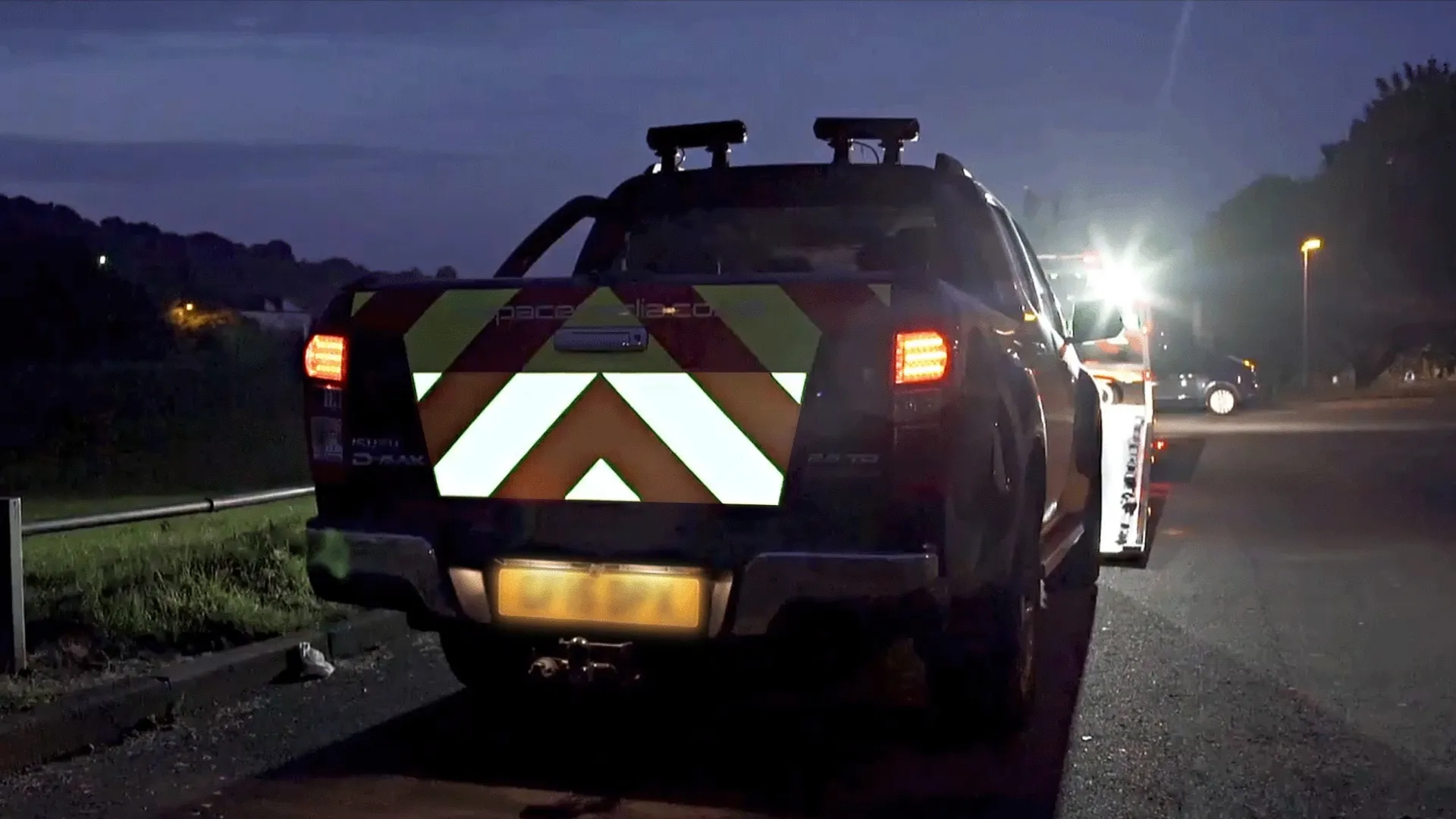Axion International, which claims to produce the world’s strongest recycled composite plastic industrial building products and railroad crossties (sleepers), has announced the successful completion of its first project with ONCF, the national railway of Morocco. The project provided Axion’s patented recycled plastic composite sleepers for the North African nation.
May 21, 2012
Read time: 2 mins
ONCF, which budgets around 160kms of track to be replaced annually, operates more than 1,900 kilometres of track throughout Morocco and carried over 29 million passengers last year. The crossties were produced at Axion’s manufacturing facility in Portland, PA and measure 9 inches x 5.5 inches (0.229m x 0.14m) and up to 14.4 feet (4.40m) in length.
Developed in conjunction with Rutgers University’s Materials Sciences and Engineering Department, Axion’s Recycled Structural Composite (RSC) material is inert and contains no toxic materials. It is impenetrable to insect infestation, it is made from virtually 100% recycled plastics and it does not warp, rust or corrode. Because it is lighter than traditional materials, transporting RSC is less expensive and reduces energy costs. In addition, RSC is recyclable at the end of its functional life.









